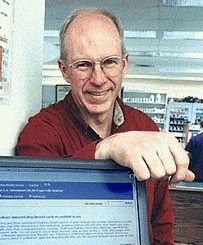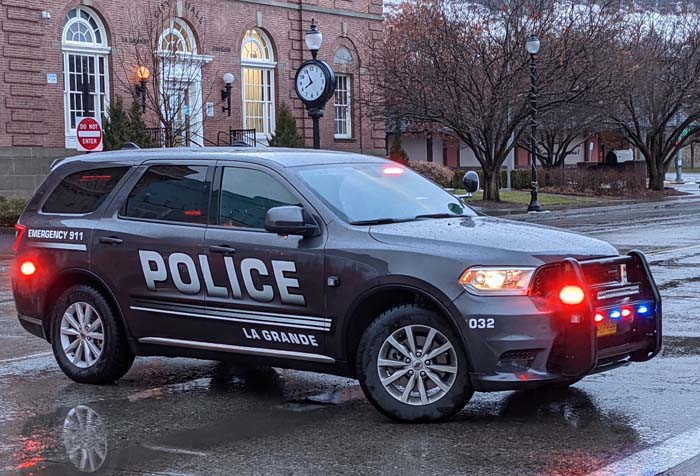MEDICAL MISSIONS FOR ‘THE LEAST OF THESE’
Published 12:00 am Saturday, February 19, 2005

- Bob Coulter ().
"Then the righteous ones will reply, ‘Lord, when did we ever see you hungry and feed you? Or thirsty and give you something to drink? Or a stranger and show you hospitality? Or naked and give you clothing? When did we ever see you sick or in prison, and visit you?’
Trending
And the King will tell them, ‘I assure you, when you did it for one of the least of these my brothers and sisters, you were doing it for me!’"
Matthew 25:37-40 NLT
Mardi Ford
Trending
Staff Writer
If you had a couple thousand bucks and two weeks vacation, where would you go and what would you do?
How about a Third World country sharing the gospel, treating intestinal parasites and dispensing nutritional supplements? No? Probably not the ideal vacation for most people.
But for La Grande pharmacist Bob Coulter, such a vacation was the answer to prayer. After his first medical mission for Global Health Outreach in 2003, he was hooked.
Coulter says he had long desired to do mission work, but medical missions are usually more expensive than most, partly because some of the cost goes to pay for supplies and medicines which are provided to the mission’s clients free of charge.
"It’s funny how God works. I had wanted to go, but I knew He would have to provide a way," he says. "And about the same time another pharmacy left downtown and our business picked up. Sue said, ‘Business is good, you should go.’ So I did."
In fact, Coulter’s wife Sue, also a pharmacist, and their two children, Leah and Scott, went as a family and have been on several medical missions since then.
"It is a very special two weeks spent with like-minded people. It encourages you to grow in your faith. It gives you time to think and reflect on what is important. I’ve seen people on the fence come to faith on a medical mission," he says.
Coulter has been to Ecuador three times in November 2004 as well as in January of 2003, 2004 and, most recently, as team leader in 2005. He also went to Nigeria in June 2004. In April, Coulter will go on a groundbreaking mission to China where, he says, God has been preparing the way most miraculously. In June, he goes back to Nigeria this time as team leader for a mission in the remote village of Obudo.
In Ecuador, the majority of the cases they see are related to hard physical labor and poor nutrition.
"Hernias are the number one surgery, as well as gall bladders and gall stones," he says. "We also treat digestive parasites and hand out a lot of nutritional supplements."
In two weeks, the average GHO team will see 200 to 300 people each day and handle 48 surgical cases.
Coulter says the medical team is so busy seeing patients they don’t often get to see what happens in the long waiting lines outside the clinics or in triage where the efforts of support staff like Margaret Corig, of La Grande comes in. But when they do, she says, they are amazed.
Although Corig is no stranger to mission work, the January trip was her first with a GHO team.
"I wasn’t sure what to expect. I mean, I have no medical skills. So, before we went I began praying for a way for God to use me and He put it on my heart to use the power bracelet," she says.
The wait for the children outside the clinic is long sometimes all day. Corig set up a table with chairs, coloring crayons and pictures, and supplies to build two simple beaded bracelets known within the Christian community as power bracelets.
"Each bracelet has five colored beads that represent the Gospel story, so it was my way to build a relationship with the children and teach them about Jesus at the same time. One bracelet they made for themselves and I asked them to share the other bracelet and the message of the bracelet with a friend or a brother or sister," she says.
Coming back to this "country of excess," she says, was hard.
"I wanted to stay," she says. "These people teach us. We go thinking we are going to do something wonderful for them and they end up giving us so much more."









